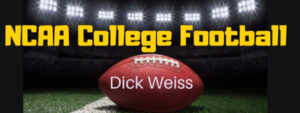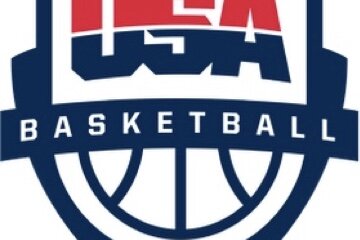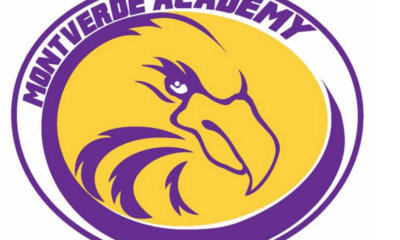PHILADELPHIA– James Madison is 10-0 and ranked No. 18 in the latest AP Top 25 poll. The Dukes, who play in the Sun Belt, are the highest ranked member of Group of Five and, under ordinary circumstances, might be the logical choice to represent that group in a lucrative New Year’s Six bowl game. yy
JMU is all dressed up for a triumphant season with Game Day scheduled to be on campus Saturday for their final regular season game against Appalachian State.
But as of now they have nowhere to go in post-season because the NCAA has a two-year transition rule for teams moving up from FCS to FBS that requires teams to wait two years to qualify for a bowl game or play in a conference championship game, and the Sun Belt has aligned its bylaws to conform to the NCAA. The best-case scenario for James Madison is they could play in a lower tier bowl game if not enough FBS teams qualify with a .500 or better record to fill the 82 spots for41 bowl games.
You can imagine how that sits with the JMU administration. it took on the financial burden of an 85-scholarship football program and succeeded beyond anyone’s wildest imagination. The Dukes, who won FCS national titles in 2004 and 2016, s were 8-3 last season, beating Coastal Carolina, 47-7, when both teams were tied for first place in the East Division with a 7-1 record, but were ineligible for the title game. They have won 13 straight games and are just one of seven unbeaten teams left in the FBS, along with No. 1 Georgia, 2 Michigan, 3 Ohio State, 4 Florida State, 5 Washington and Liberty.
This is just another example of the membership not recognizing major college sports shouldn’t be restricted only to those schools in power conferences. James Madison has proven it is good enough to play in a bowl game on the field. But it begs the question whether college athletics is really about the student athlete or just about revenue sharing. If sports are supposed to be the ultimate meritocracy, why put in a two- year waiting period for football.
JMU applied for the postseason waiver, along with Jacksonville State (7-3 in Conference USA) and Tarleton State (8-3 in the United Athletic Conference), appealing for the NCAA to reduce its transition to one year instead of two. But the NCAA Division I Board Administration Committee rejected the appeal.
“We’re obviously disappointed in the outcome of the NCAA’s review of our request for bowl relief,” JMU said in a statement. “We’re saddened for our university community and, in particular, we’re devastated for our football program, the coaches and student-athletes who have orchestrated an amazing season and earned the opportunity.”
Football isn’t the only sport where JMU has thrived in its upgraded division. The Dukes won the Sun Belt volleyball and women’s basketball championships last year and their men’s basketball team is 3-0 and in the AP top 25 for the first time in school history. The Dukes stunned then- fourth-ranked Michigan State, 79=-76, in overtime to open the season, won 113-108 in double overtime at Kent State, ending the Golden Flashes’ 232 game home winning streak and beat Howard, 107-86 when they returned to Harrisonburg, Va. Terrence Edwards Jr. was the AP Player of the Week.
Football coach Curt Cignetti, whose team leads the country in defense, giving up just 61.6 yards per game, has made no secret of his feeling JMU should be eligible for postseason. The NCAA thinks a two-year waiting period of suffice to make sure a school has the ability for long term sustainability in its sub-division. But JMU AD Jeff Bourne has already put the pieces in place for future success, expanding the football stadium to nearly 25,000 seats, built the $139.5 million, 8,500 seat Athletic Union Banks Center as the new arena for basketball and renovated and converted its Convocation Center into training competition and academic space for other sports.
Having said that, a law firm engaged by Virginia Attorney General Jason Miyares has sent a demand letter to the NCAA, threatening legal action if James Madison’s exclusion from bowl consideration isn’t reversed. “[The NCAA] demonstrates that they, once again, ignore the best interests of our nation’s student-athletes,” Miyares statement said. “The NCAA has made an arbitrary and capricious decision that has an anti-competitive and profoundly negative impact on student-athletes, JMU, the Commonwealth of Virginia, and collegiate football as a whole.”
Miyares also referenced the potential economic benefit to the school, which is a state university. The letter states that a potential lawsuit would prove an “unreasonable restraint of trade in the market” and cites the Sherman Act and Virginia Antitrust Act. It calls the banning of teams from the postseason during NCAA transitions “unnecessary,” from “both a practical and legal perspective.”






